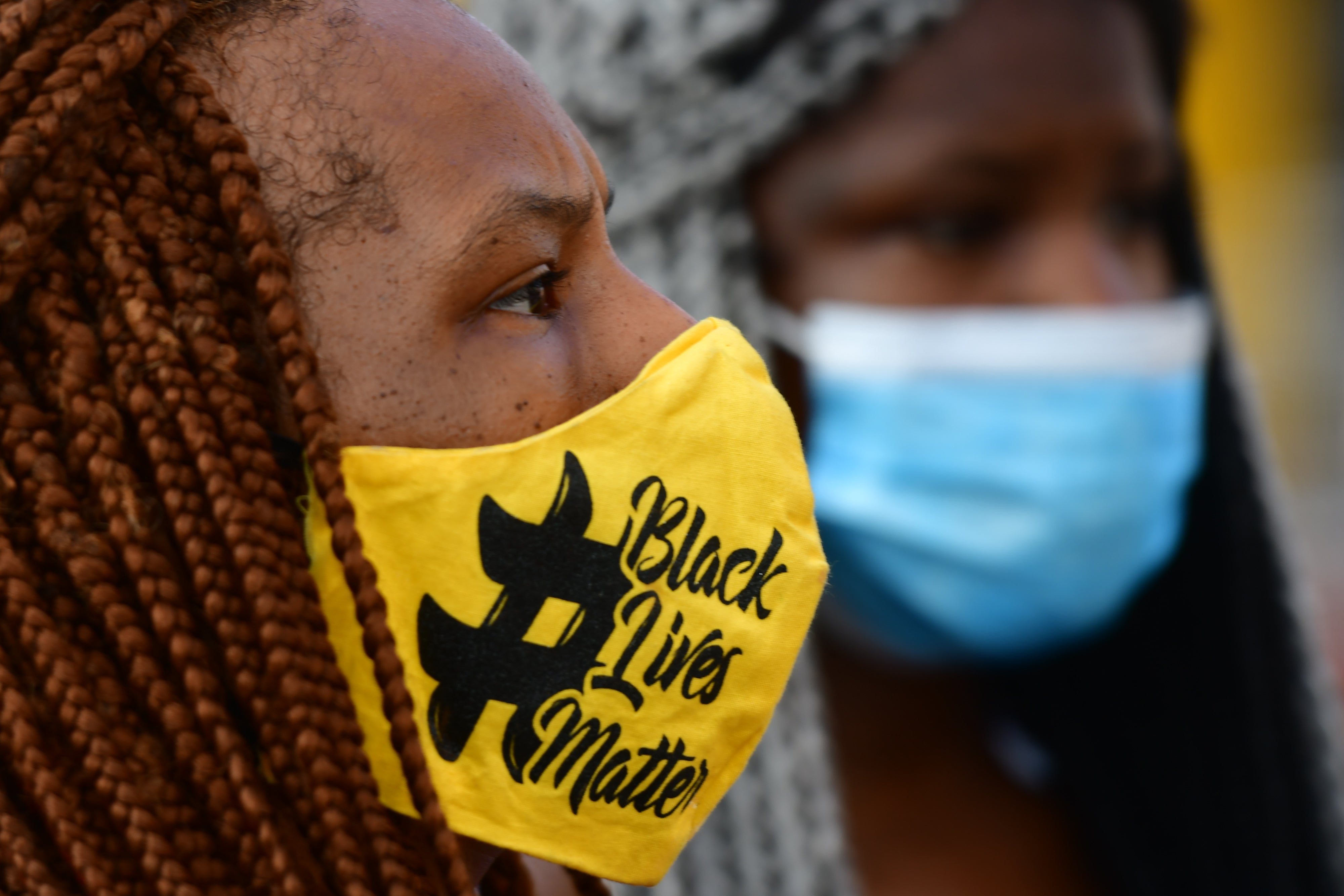OED names ‘words of the year’ after unprecedented upheaval of 2020
'I've never witnessed a year in language like the one we've just had,' says Oxford Dictionaries president

Your support helps us to tell the story
From reproductive rights to climate change to Big Tech, The Independent is on the ground when the story is developing. Whether it's investigating the financials of Elon Musk's pro-Trump PAC or producing our latest documentary, 'The A Word', which shines a light on the American women fighting for reproductive rights, we know how important it is to parse out the facts from the messaging.
At such a critical moment in US history, we need reporters on the ground. Your donation allows us to keep sending journalists to speak to both sides of the story.
The Independent is trusted by Americans across the entire political spectrum. And unlike many other quality news outlets, we choose not to lock Americans out of our reporting and analysis with paywalls. We believe quality journalism should be available to everyone, paid for by those who can afford it.
Your support makes all the difference.So much about 2020 has been unprecedented and now the Oxford English Dictionary has followed suit, announcing for the first time that it has found it impossible to name any single “word of the year”.
Oxford Dictionaries said it was expanding the end-of-year ritual to include several words whose usage spiked as coronavirus dominated the public conversation.
Among the words chosen this year were furlough, bushfires, WFH, lockdown, moonshot and new coinages like Covid-19, blursday and covidiot.
The annual selection reflects “the ethos, mood or preoccupations” of the preceding year, but this year the tribute to linguistic change could not be encapsulated in a single word.
"I've never witnessed a year in language like the one we've just had. The Oxford team was identifying hundreds of significant new words and usages as the year unfolded, dozens of which would have been a slam dunk for Word of the Year at any other time,” said Casper Grathwohl, the president of Oxford Dictionaries.
She stated that it was ironic that a year that left the world “speechless” has been filled with new words unlike any other.
The lexicographers have a vast and continually updated database of more than 11 billion words known as a corpus. The Word of the Year is picked from the corpus, based on popular usage and studying "evidence-based data" to explore a year's language developments.
This year, the usage of the word pandemic has increased more than 57,000 per cent since 2019. The word coronavirus, coined in 1968, has been revived in 2020 after seeing diminishing usage for decades limited only to medical references.
Strikingly, usages of the word coronavirus overtook stalwart common nouns like “time.”
Some examples could be tracked to specific events in the year that received global interest. The word superspreader, coined back in the seventies, saw a huge spike in usage in October after the infection outbreak in the White House.
The usage of words related to social justice, like Black Lives Matter and decolonise, increased dramatically after the massive protests following the killing of George Floyd in police custody in May.
Oxford Dictionaries said that since March, there has been a huge increase in the use of words and phrases related to the pandemic, like circuit breaker, lockdown, face masks, PPE, medics, delivery drivers and shelter-in-place.
New phrases have also sprung up as a result, like mask up, anti-mask, anti-masker and mask-shaming, while words related to changes in the workplace saw an increase of more than 300 per cent, including furlough, remote and remotely. Mute and unmute also saw usage spikes as a result of the increase in online meetings.
Finally, this year’s neologisms also reflected the harsh realities of 2020, with covidiot (a slur used to shame someone not taking Covid protocol seriously), blursday (which captures merging of hours, days and weeks), twindemic (two pandemics occurring together) and infodemic (excess of pandemic information leading to difficulties) all appearing for the first time.



Join our commenting forum
Join thought-provoking conversations, follow other Independent readers and see their replies
Comments